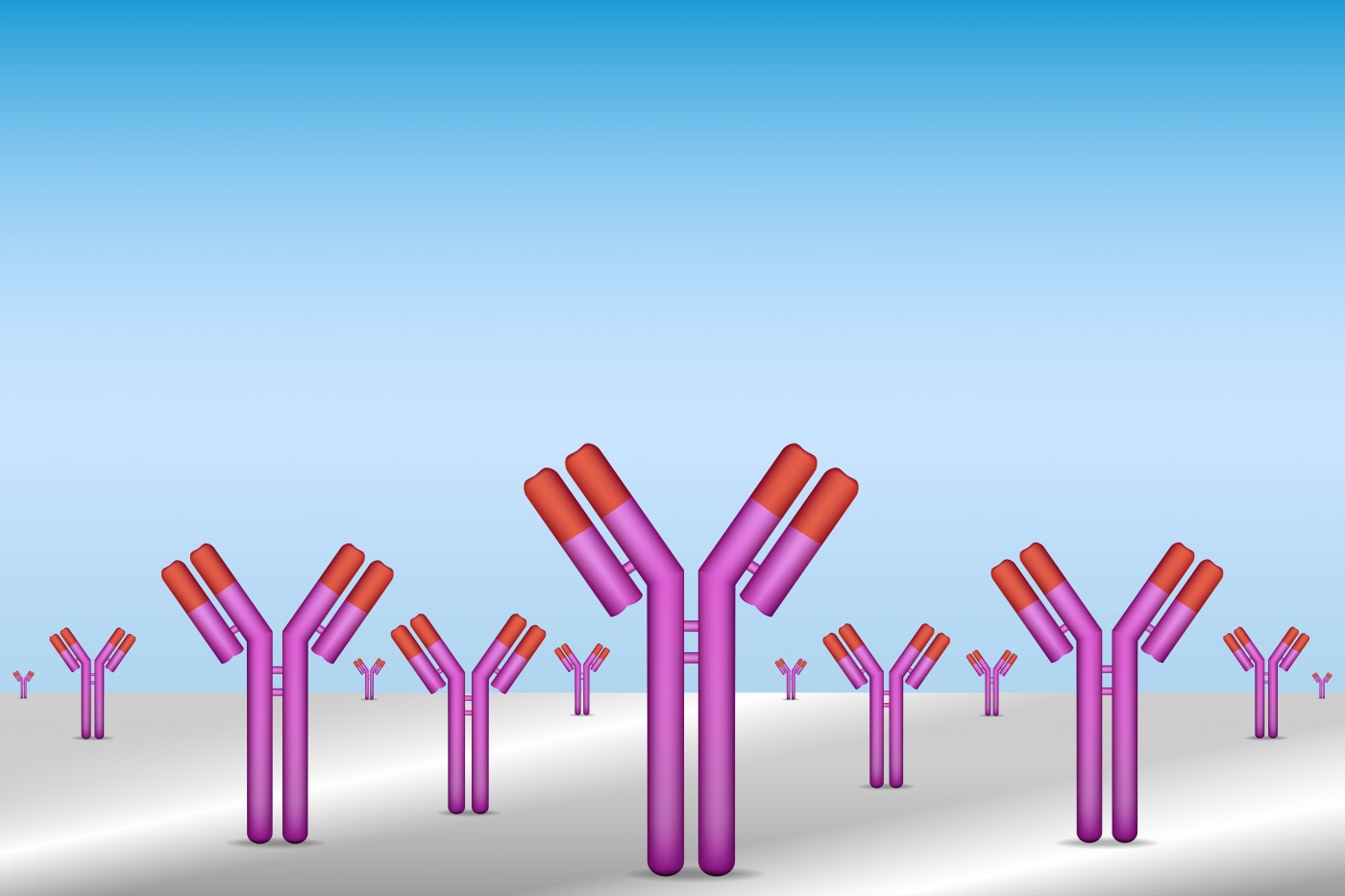Genentech recently announced results of their second Phase III GADOLIN study showing the benefits of treating patients suffering from refractory indolent non-Hodgkin’s lymphoma with a combination of Gazyva (obinutuzumab) and bendamustine followed by Gazyva alone.
Non-Hodgkin’s lymphoma (NHL) represents 85 percent of all diagnosed lymphomas and even though the disease can occur as 60 different subtypes, they are all characterized as aggressive or indolent (slow-growing) lymphomas. NHL originates in the lymphatic system, specifically in cells called lymphocytes (the main types are B cells and T cells), which reside in lymph nodes and other lymphoid tissues – spleen and bone marrow. While standard treatment for NHL patients is performed through Rituxan® there are patients that become irresponsive to this type of approach.
In the Phase III GADOLIN trial, a multicenter, randomized two-arm study, 413 patients with indolent NHL who received treatment with Rituxan-based therapy but experienced disease progression, were treated with a new combinatory treatment – Gazyva plus bendamustine followed by Gazyva alone – and compared to patients on bendamustine monotherapy. The treatment was maintained for up to two years and had as its primary endpoint patients’ progression-free survival (PFS); secondary endpoints included revision of PFS, response rate (RR), best response and overall survival (OS).
The results showed that patients who received a Gazyva-based treatment exhibited more than double median PFS, when compared to patients receiving bendamustine monotherapy, specifically 29.2 months versus 14.0 months. The adverse effects were similar between those administered Gazyva and the control group, affecting at least 2% of patients in either groups and including both low white blood cell and platelets count, nausea, fatigue, diarrhoea and vomiting.
In an exclusive interview for BioNews, when questioned about the time it will take until Gazyva is sent for FDA approval and when it could be available to patients, Nancy Valente, M.D., Vice President, Global Hematology Development, Genentech explained “We’re planning to submit data from this pivotal study to the FDA, EMA and other health authorities around the world for approval consideration. We don’t have a date of when the potential approval would be yet, but will provide that when it is available. We know people with indolent NHL whose disease progresses during or following Rituxan-based therapy have limited treatment options, and we will work closely with health authorities to determine the most appropriate regulatory path forward based on the results of the GADOLIN study”.
“Gazyva is an engineered monoclonal antibody designed to attach to CD20, a protein found only on B-cells. It attacks targeted cells both directly and together with the body’s immune system. Gazyva is thought to have an increased ability to induce direct cell death and induces greater activity in how it recruits the body’s immune system to attack B-cells (antibody dependent cellular cytotoxicity; ADCC) when compared to our medicine Rituxan, the first therapeutic antibody ever approved in oncology,” Dr. Valente told BioNews.
The antibody attacks lymphoma B cells alone but also prompts their natural attack by the immune system against, increasing the number of B cells’ death.
These novel findings will be presented during the American Society of Clinical Oncology (ASCO) Annual Meeting, held in Chicago. Genentech’s next step is to submit the results to health authorities, including the U.S. Food and Drug Administration and European Medicines Agency for their approval.


